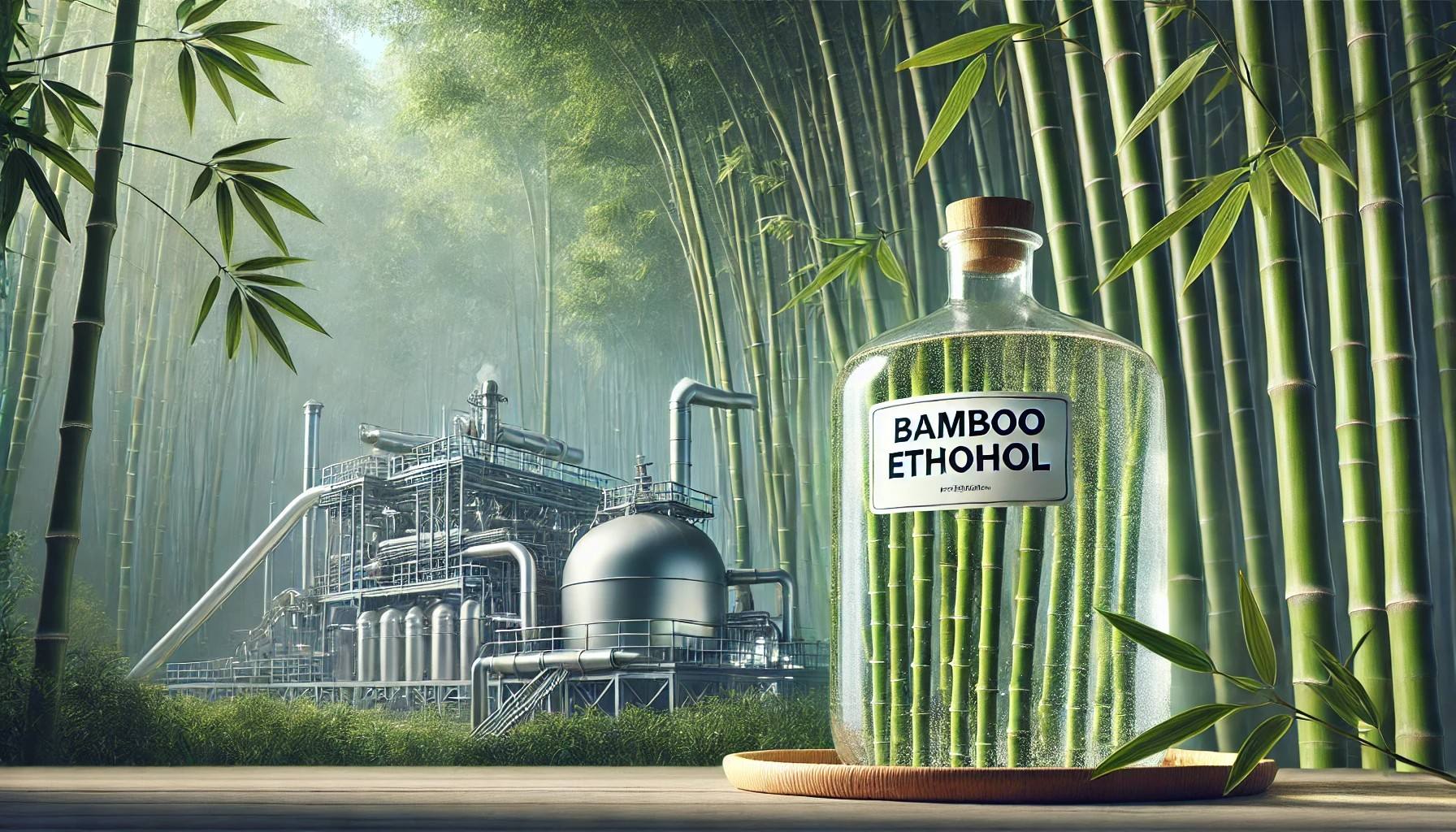Bamboo Ethanol: A Sustainable Alternative for the Future of Biofuel
As the world shifts towards renewable energy, bamboo has emerged as a promising source for biofuel production. Ethanol derived from bamboo offers a sustainable and eco-friendly alternative to traditional fossil fuels, reducing carbon emissions and decreasing dependence on non-renewable resources. With its rapid growth rate and ability to thrive in various climates, bamboo presents a viable solution to the increasing demand for clean energy.
One of the biggest advantages of bamboo ethanol is its high yield and low environmental impact. Unlike corn or sugarcane, which require large amounts of water and arable land, bamboo grows quickly with minimal resources. It can be cultivated on degraded land, preventing deforestation and reducing competition with food crops. This makes bamboo ethanol a more sustainable and ethical biofuel option.
The production process involves breaking down bamboo’s cellulose into fermentable sugars, which are then converted into ethanol through microbial fermentation. Advances in biotechnology and enzyme efficiency have made this process more cost-effective, bringing bamboo ethanol closer to large-scale commercialization. Additionally, bamboo’s ability to absorb carbon dioxide at a high rate further enhances its environmental benefits.
However, challenges such as processing costs and infrastructure development still need to be addressed before bamboo ethanol can compete with conventional fuels. Research and investment in refining production techniques and improving supply chains will be crucial in making bamboo ethanol a mainstream biofuel option. Government policies and incentives can also play a significant role in accelerating its adoption.
With its sustainability, efficiency, and low environmental footprint, bamboo ethanol has the potential to revolutionize the biofuel industry. As innovation continues, this renewable energy source could contribute significantly to a greener future, reducing our reliance on fossil fuels while promoting a more sustainable planet.

